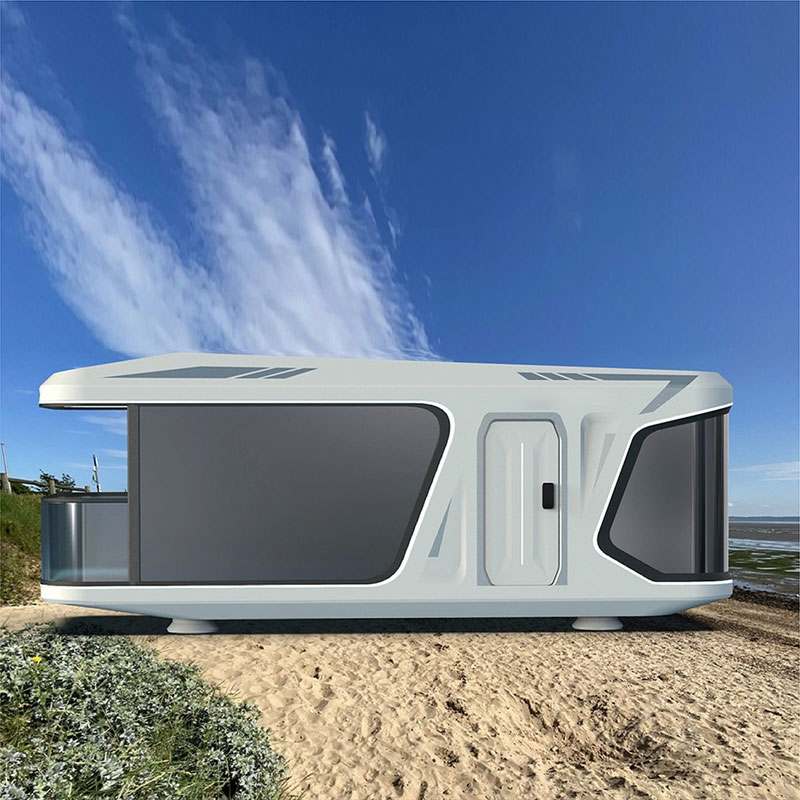
As the world becomes increasingly concerned with sustainable living, the demand for eco-friendly housing has been on the rise. Foldable homes, in particular, have gained popularity due to their versatility, affordability, and now, their potential to be more sustainable than traditional homes.
One of the key advantages of foldable homes is that they can be constructed with a variety of sustainable materials, such as recycled steel, bamboo, and other renewable resources. These materials not only reduce the environmental impact of the construction process but also make the homes more energy-efficient and durable.
For example, using bamboo as a primary building material has become a popular trend in sustainable foldable homes. Bamboo is a highly renewable resource that can grow up to 91cm in a single day, making it a great alternative to traditional hardwoods. Additionally, bamboo has a high strength-to-weight ratio, making it a durable and sturdy option for homes.
Another popular material for sustainable foldable homes is recycled steel. Steel is a strong and long-lasting material that can be recycled infinitely, making it an eco-friendly choice. Additionally, using steel can reduce the amount of waste produced during construction, as steel frames can be pre-fabricated and assembled on-site, reducing the amount of time and materials needed for construction.
In conclusion, sustainable foldable homes have the potential to revolutionize the housing industry by providing an affordable and eco-friendly alternative to traditional homes. With the use of renewable materials such as bamboo and recycled steel, these homes can be energy-efficient, durable, and reduce the environmental impact of the construction process. As the demand for sustainable housing continues to grow, it is likely that the trend towards sustainable foldable homes will continue to gain momentum.



